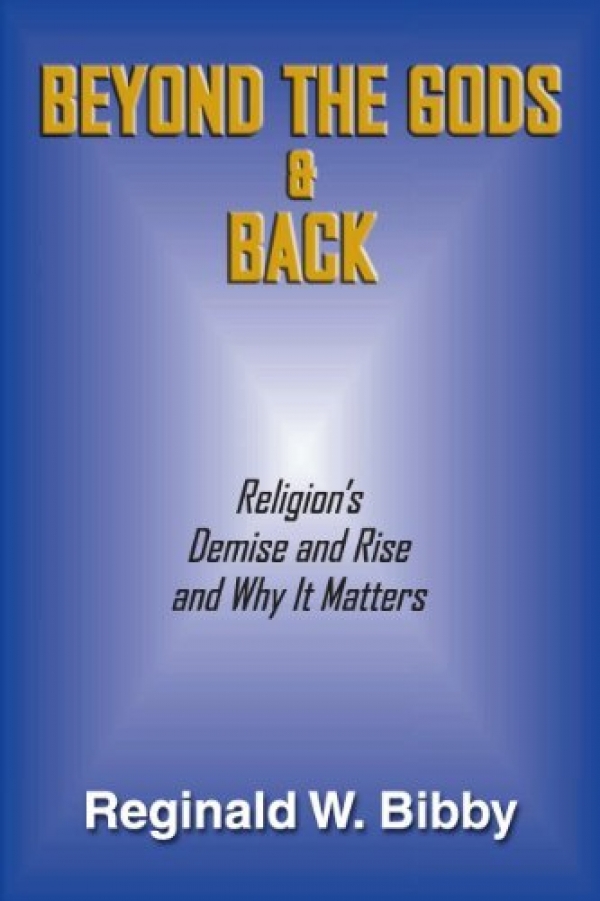With his new book, Bibby indicates several reasons he finds to move beyond these theories. First, the large adult populations in earlier studies that reflected a long period of religious stability are no longer with us. Second, with the availability of data spanning five decades, a much more complex and detailed picture of religious belief and practice can be constructed. Third, on a personal level, the life of his eight-year-old daughter has taught him to look beyond the social environment for explanations, and to incorporate physical and neurological factors, among others. And the Internet now provides easy access to an unlimited quantity and variety of information from around the world. Finally, his research is now tempered with a growing awareness of his own mortality.
The picture he presents is one of religious polarization, based on the observation that the number of Canadians claiming to attend religious services on a regular basis is now about equal to the number claiming they do not attend at all (each representing about 25 per cent of the population). A key factor in this is the shift in values associated with baby boomers, and the influence these changes have had on today’s young people.
Bibby sees the impact of the boomer generation on religious involvement in four shifts:
- from dominance to diversity, reflected in increasing ethnic diversity and tolerance for alternate lifestyles;
- from obligation to gratification, whereby motivation has shifted from fulfilling a duty to obtaining fulfilment;
- from deference to discernment, where respect for elders, parents, teachers and religious leaders is no longer a given; and
- from home to career, with more women entering the work force and the subsequent impact on family life.
All four shifts reflect an emphasis on the individual and a drive to take matters into one’s own hands. This may be the result of disillusionment with, or a distrust of, conventional authority.
The central chapters are devoted to examining the relationship between polarization and pluralism, personal well-being, spirituality, social well-being and death. Those on the religious end of the spectrum possess a stronger motivation towards social involvement and are much better prepared to cope with death. On the other hand, the self-professed non-religious are tolerant of others, happy and fulfilled in their lives and able to meet their spiritual needs through a variety of sacred and secular means.
In the end, Bibby remains optimistic that people will remain interested in and desirous of the gods, whatever form they may take. But his outlook is less rosy for religious organizations, especially those unwilling or incapable of adapting to the exigencies of the world we live in now.
While Bibby’s books have always been essential reading for anyone studying religious involvement in Canada, I have always found them to be rather terse and dry. At one level this book resembles its predecessors in that there is a statistical chart or table on nearly every page. However, it is characterized by a refreshing readability and sense of engagement. This undoubtedly emerges from that fact that Bibby’s research has become a more personal, reflective enterprise.
(Campbell is a sociologist of religion and librarian at Cape Breton University.)

